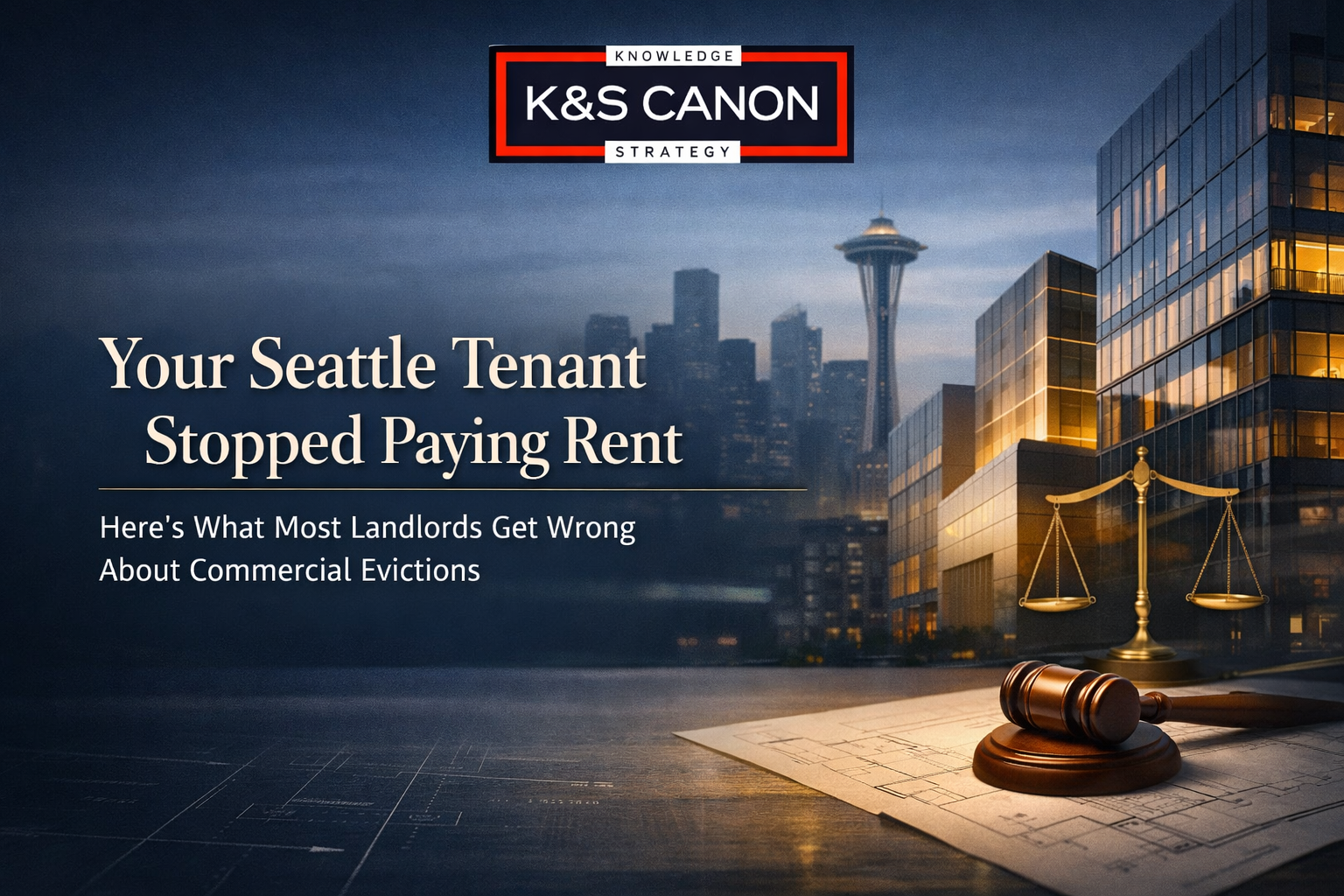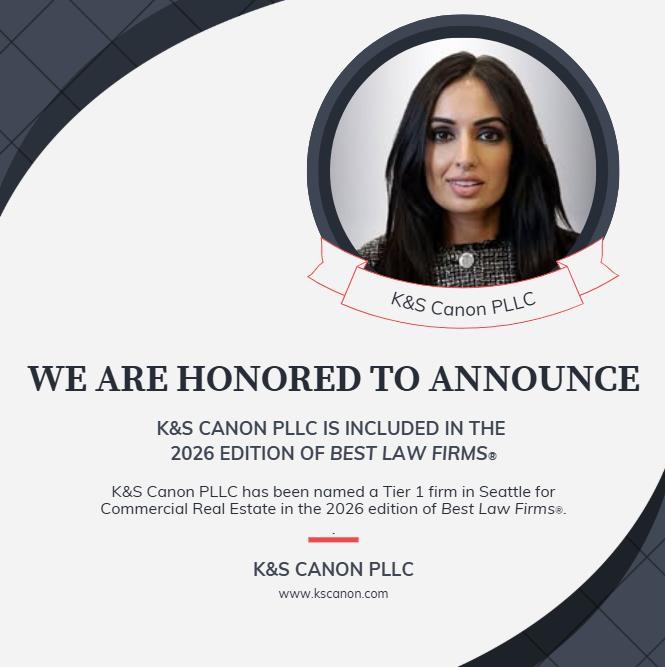Shareholder Agreements vs. Corporate Bylaws: Which Document Controls What in Your Seattle Corporation

Corporate governance relies on multiple interconnected documents that work together to define how your business operates. Two of the most important documents, shareholder agreements and corporate bylaws, serve distinct but complementary functions. Understanding which document governs specific situations helps prevent conflicts and ensures smooth business operations.
Many Seattle business owners express confusion about the relationship between these foundational documents. While both address corporate governance, they operate at different levels and serve different purposes within your business structure.
How Do Bylaws Function in Washington State Corporations?
Corporate bylaws establish the internal operating procedures for your corporation. Washington's Business Corporation Act requires all corporations to adopt bylaws, which serve as the corporation's internal rulebook for governance and operations.
Bylaws typically address:
- Board of directors structure, qualifications, and election procedures
- Meeting requirements for both shareholders and directors
- Officer positions, duties, and appointment procedures
- Voting procedures and quorum requirements
- Share transfer procedures and restrictions
- Amendment procedures for the bylaws themselves
- Corporate record-keeping requirements
Bylaws bind the corporation, its directors, officers, and shareholders. They must comply with Washington state corporate law and cannot contradict the articles of incorporation. Bylaws generally address procedural matters rather than the economic relationships between shareholders.
What Role Do Shareholder Agreements Play?
Shareholder agreements govern the relationships and obligations between individual shareholders. Unlike bylaws, which are public documents filed with corporate records, shareholder agreements are private contracts between the shareholders themselves.
Shareholder agreements commonly include:
- Buy-sell provisions for share transfers
- Right of first refusal arrangements
- Voting agreements for director elections or major decisions
- Dividend policies and distribution procedures
- Employment arrangements for shareholder-employees
- Non-compete and confidentiality provisions
- Dispute resolution mechanisms specific to shareholder conflicts
These agreements operate as contracts between the shareholders and may include provisions that would be inappropriate or impossible to include in bylaws.
Which Document Governs Voting Procedures?
Bylaws establish the mechanics of voting, while shareholder agreements can modify voting relationships. This distinction becomes particularly important when shareholders want to create voting arrangements that differ from standard corporate procedures.
Bylaws typically specify:
- Notice requirements for shareholder meetings
- Quorum requirements for valid shareholder votes
- Voting procedures and ballot requirements
- Record date procedures for determining voting eligibility
- Meeting procedures and parliamentary rules
Shareholder agreements can supplement these procedures by creating:
- Voting trusts or pooling arrangements
- Agreements to vote shares in specific ways
- Supermajority requirements for particular decisions
- Cumulative voting arrangements where permitted by law
The bylaws provide the framework, while shareholder agreements customize how shareholders exercise their voting rights within that framework.
How Do Transfer Restrictions Work Between Documents?
Bylaws can establish basic transfer procedures, but shareholder agreements provide detailed transfer restrictions. Washington corporate law allows corporations to impose reasonable restrictions on share transfers, but the implementation typically involves both documents.
Bylaws might include:
- General requirements for share transfer documentation
- Corporate approval procedures for transfers
- Basic right of first refusal provisions
- Notice requirements for proposed transfers
Shareholder agreements typically provide more detailed provisions such as:
- Specific valuation methods for share transfers
- Financing arrangements for internal purchases
- Triggering events for forced buyouts
- Detailed procedures for exercising transfer rights
- Exceptions and exemptions to transfer restrictions
The bylaw provisions establish corporate authority to restrict transfers, while shareholder agreements define the specific restrictions and procedures.
What Happens When These Documents Conflict?
Well-drafted documents should complement rather than contradict each other. However, conflicts sometimes arise, particularly when documents are created at different times or by different attorneys.
General conflict resolution principles include:
- Shareholder agreements (contracts generally control relationships between specific shareholders)
- Bylaws that control corporate procedures and governance matters
- Later-dated documents that may supersede earlier provisions if properly drafted
- Specific provisions that typically override general provisions
- Washington state corporate law which supersedes conflicting document provisions
Preventing conflicts requires coordination during document drafting and regular review when business circumstances change.
How Do Management Structure Provisions Interact?
Bylaws define corporate management structure, while shareholder agreements can customize shareholder participation in management. This interaction becomes particularly important in closely-held corporations where shareholders actively participate in business operations.
Bylaws establish:
- Board composition and director qualifications
- Officer positions and appointment procedures
- Corporate authority and delegation arrangements
- Meeting and decision-making procedures
Shareholder agreements can supplement these provisions by:
- Requiring specific shareholders to serve as directors or officers
- Creating employment arrangements for shareholder-employees
- Establishing compensation and benefit arrangements
- Defining roles and responsibilities beyond corporate positions
The bylaw framework provides corporate structure, while shareholder agreements customize individual participation within that structure.
When Do Amendment Procedures Differ?
Bylaw amendments follow corporate procedures, while shareholder agreement changes require contract modification. Understanding these different amendment procedures helps ensure proper governance updates.
Bylaw amendments typically require:
- Board of directors approval (unless shareholders specifically reserve amendment rights)
- Shareholder approval for specific provisions under Washington law
- Compliance with notice and voting requirements
- Documentation in corporate records
Shareholder agreement amendments usually require:
- Unanimous consent of all agreement parties (unless otherwise specified)
- Written modification documents
- Consideration of existing contract terms
- Review of impact on other corporate documents
These different procedures mean that coordinating changes across both documents requires careful planning and timing.
Seattle Business Considerations
Washington state provides a favorable environment for corporate formation and governance. The Business Corporation Act offers flexibility while providing clear default rules for corporate operations.
Seattle businesses should consider:
- Local business licensing requirements that may affect corporate operations
- Commercial relationships that may require specific governance arrangements
- Industry-specific regulations that impact corporate structure
- Tax planning opportunities available under Washington law
How Should Documents Work Together Effectively?
Successful corporate governance requires coordinated document planning. Rather than treating bylaws and shareholder agreements as separate documents, effective planning considers how they work together to achieve business objectives.
Best practices include:
- Coordinating document drafting to prevent conflicts
- Regular review of both documents as business circumstances change
- Professional legal review when adding new shareholders or changing business structure
- Clear documentation of amendments and updates to maintain consistency
The goal involves creating a governance framework that supports business operations while protecting shareholder interests and complying with Washington state law.
When Should Businesses Update These Foundational Documents?
Growing businesses need evolving governance documents. Both bylaws and shareholder agreements should be reviewed and updated when significant business changes occur.
Common update triggers include:
- Adding new shareholders or investors
- Significant changes in business operations or ownership structure
- Major financing transactions or business combinations
- Changes in applicable corporate law requirements
- Shareholder disputes that reveal document gaps or ambiguities
Regular professional review ensures that governance documents continue to serve the business effectively and provide adequate protection for all parties involved.
Building Effective Corporate Governance
Strong corporate governance requires both well-drafted bylaws and comprehensive shareholder agreements that work together to support business success. Each document serves important but distinct functions within the corporate structure.
Every corporate situation differs significantly based on the shareholders involved, business operations, and long-term objectives. Regular professional review ensures that governance documents continue to serve the business effectively and provide adequate protection for all parties involved.
For Seattle-area businesses seeking to establish or update corporate governance documents, experienced legal counsel can help ensure your bylaws and shareholder agreements work together effectively while complying with Washington state corporate law requirements. K&S Canon assists businesses throughout the Seattle area with comprehensive corporate governance solutions, including coordinated drafting of bylaws and shareholder agreements.
Contact K&S Canon today to discuss how proper corporate documentation can strengthen your governance framework and protect shareholder interests under Washington state law.
Disclaimer: This information applies generally to Washington state corporate law, but individual circumstances and specific business requirements may vary considerably based on your particular situation and corporate needs. Every business scenario is unique, and you should consult with a qualified attorney to discuss your specific circumstances and obtain personalized legal advice.




